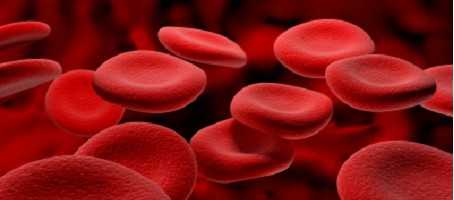A new study has shed light on the causes of psychological distress in young adults with type 1 diabetes.
The research, conducted by experts from the Royal College of Surgeons in Ireland (RCSI) and the Department of Sociology in University College Cork (UCC), identified a number of factors that can trigger psychological distress in young adults diagnosed with type 1 diabetes.
In-depth interviews with type 1 diabetes sufferers aged between 20 and 29 in Ireland, and healthcare professionals who work closely with these young adults, revealed that that self-consciousness, diabetes stigma and management difficulties are all factors that can lead to diabetes-related stress among this group of patients.
Other factors identified include waiting times and lack of joined up care in the current healthcare system, and concerns about the future and pregnancy.
“We focused on people in their twenties because this is a time in the lives of many young people where they are beginning their careers, starting relationships and moving to adult health services, all the while trying to manage their diabetes. This can lead some young people to feel overwhelmed,” explained Professor Seamus Sreena, co-investigator of the study.
The research found that psychological support – for example, talking to healthcare professionals about any issues or frustrations, attending diabetes education programmes or joining peer support groups – can help moderate diabetes-related psychological distress.
However, it also revealed that young adult diabetes patients in Ireland are often reluctant to open up about psychological issues due to short and infrequent clinical appointment times and unfamiliarity with their clinician.
Prof Sreenan added: “Psychological distress is an important issue in young people with type 1 diabetes in this age group. We believe the findings indicate the importance of healthcare professionals focusing on the emotional states of young people with diabetes, as well as their physical condition.”
What's new on the forum? ⭐️
Get our free newsletters
Stay up to date with the latest news, research and breakthroughs.







